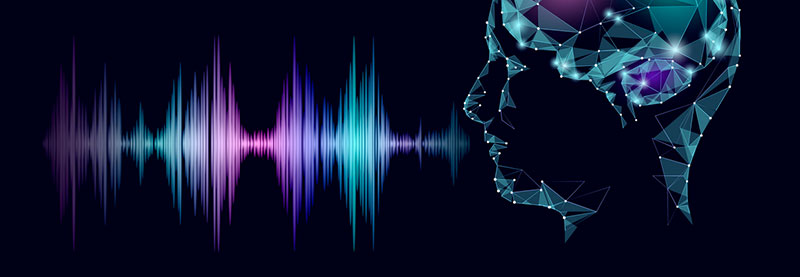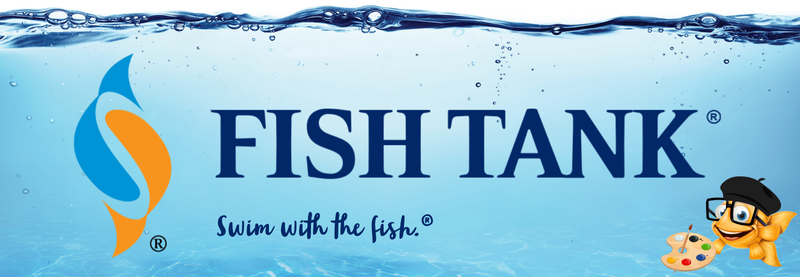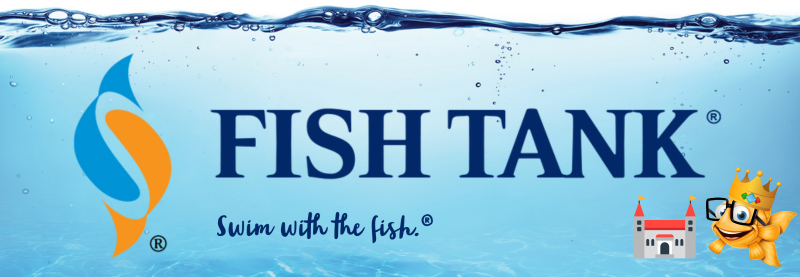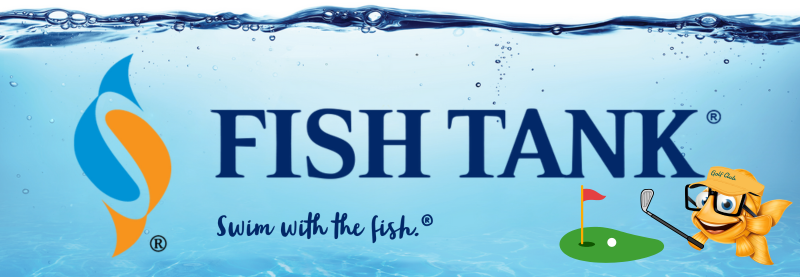Intellectual Property Insights from Fishman Stewart PLLC
Newsletter – Volume 24, Issue 14
Share on Social
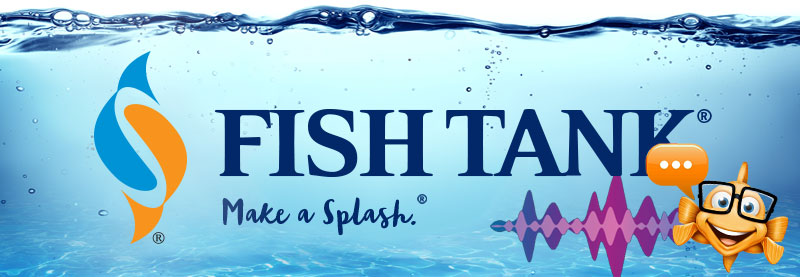
Voices in the Machine: Sky is the Limit?
By Michael B. Stewart
OpenAI recently held a live demonstration of a new ChatGPT version that included the use of an AI personal assistant voice dubbed “Sky.” Many observers compared Sky to Scarlett Johansson’s voice in the 2013 Spike Jonze romantic sci-fi film “Her,” which centers on a man who falls in love with the female voice of his computer’s operating system. This voice comparison was reinforced in a 2023 interview in which OpenAI CEO Sam Altman explained that “Her” was his favorite film, and thus influenced ChatGPT’s development of a personal-assistant.
Lawyers for Ms. Johansson promptly demanded that OpenAI disclose how it developed Sky. In response, OpenAI executives denied any connection between Johansson and the new voice assistant, but then suddenly dropped the voice, stating: “We’ve heard questions about how we chose the voices in ChatGPT, especially Sky. We are working to pause the use of Sky while we address them.”
At a more personal level, AI has been used in swindles by leveraging cloning technology to mimic the voices of loved ones. This is often referred to as “vishing,” short for voice phishing. First, an AI model receiving just a few sentences of audio closely simulates a person’s voice down to the sound and emotional tone. Second, a bad actor creates a false emergency using the cloned voice to target an unsuspecting victim to defraud. Experts recommend that one never share sensitive information unless authenticity can be verified, such as the use of a secret code phrase that a bad actor would not know.
Yet, not all uses of AI to mimic a person’s voice are bad. As we reported in a prior Fishbits newsletter, in the movie “Top Gun: Maverick,” Val Kilmer’s voice was recreated using AI after he lost his ability to speak due to throat cancer. On a more publicly available level, an app on Android phones is tailored to people with serious speech impairments to help them be more easily understood.
Nevertheless, as Open AI belatedly recognized when it suddenly dropped its use of Sky, the mimicking of a person’s voice by an AI model raises significant ethical and intellectual property issues.
The primary ethical concern revolves around the unauthorized use of a person’s voice, which can be seen as an invasion of personal rights. As recently as 2021 the Federal Trade Commission issued an article titled, “Aiming for Truth, Fairness, and Equity in Your Company’s Use of AI.”
From an intellectual property perspective, there are at least two potential claims Johansson could make against OpenAI in the United States: a right of publicity claim, and a trademark claim.
The right of publicity claim is based on state laws that give people the right to commercially control their image or likeness, which can include a person’s voice. For example, Bette Midler successfully sued Ford Motor Co. for the unauthorized use of her voice by another singer mimicking it in a commercial.
The trademark claim could be based on the argument that the use of a voice that closely mimics a well-known public figure is falsely suggestive of an endorsement. The Lanham Act has previously been used successfully to treat voice misuse as a misappropriation and false endorsement. For example, in 1992, Tom Waits, a singer and songwriter, successfully sued Frito Lay over a radio commercial with a sing-alike performance of one of Wait’s songs without his permission.
An outgrowth of a trademark claim could be a violation of consumer protection laws intended to prevent consumers from being misled about an endorsement.
Under current law, a copyright claim would most likely be unsuccessful. Copyright law protects ‘works’ such as books, music, and films. A person’s voice is not considered a ‘work’, so it is not protected by copyright law. AI-generated voices are usually not created using samples of existing recordings but generated independently with AI tools that have learned to reconstruct a particular voice. Thus, owning the copyright to the original sound recording is of little help since the newly recorded material is not a direct copy.
The hullabaloo between Johansson and OpenAI and the increasing number of vishing attacks each highlight the value of having robust legal frameworks to address AI’s use of human likeness and protect individuals’ rights in the digital era. It is yet another example of how artificial intelligence continues to disrupt social norms and ways of doing business and their intersection with legal guardrails. Hang on—the sky is not falling, yet!
Michael Stewart is a founding member of Fishman Stewart. He has worked in a wide range of technical areas including information technology, e-commerce, telecommunications, and mechanical, aerospace, computer, and nuclear engineering. His practice includes domestic and foreign patent prosecution, e-commerce and information technology, patent opinions, intellectual property litigation, domestic and foreign trademark prosecution, trademark opinions, copyrights, trade secrets, rights of publicity, intellectual property evaluations/due diligence and drafting and negotiating technology and intellectual property agreements. Check out his full bio here.

Related Content from Fishman Stewart
People have long pondered whether or not the Giza pyramids were indeed solely burial chambers, which was the only known, and archaeologically determined, use—until now.
As the story goes, Klein was so taken with the indescribable blue of the sky over the Mediterranean in Nice, France, that he dedicated his artistic talent developing a blue that would imbue the canvas with this color in its purest form.
Despite her pseudo-legal background in Suits, Meghan has been running into one issue after another in her efforts to register the trademark and logo for her new lifestyle company, for now, called “AS EVER”.
By 1930, efforts began in New York to replace Mother's Day with Parent's Day because men were more than just breadwinners. Those efforts didn't catch on, probably because in that era, women often spent more time in the home.
In February, Nike and Skims announced that they will be working together on a new brand, NikeSkims. The co-brand will create a new line of training apparel, footwear, and accessories specifically designed to meet the unique needs of women athletes.
Generally, federal courts have exclusive jurisdiction over copyright cases, and often, this presents an insurmountable paywall for individual artists and small businesses to vindicate their rights, especially where the value of the individual copyrighted works are relatively low.
Dedicated to raising public awareness about the importance of encouraging innovation and creativity throughout the world, the World Intellectual Property Organization (WIPO) annually observes World Intellectual Property Day on April 26 to showcase the role that patents, trademarks, industrial designs, copyrights and trade secrets play in our everyday lives.
Hold onto your foam fingers, sports fans – college sports just got a whole lot more interesting! The latest updates to Name, Image, and Likeness (NIL) rules are making student-athletes bigger than ever, and it’s not just about the game anymore.
Did a federal court in Louisiana recently decide that US copyrights are global rights? It seems so.
L.A.B. Golf aims to protect its innovations, and therefore its market position, owning three patents for its zero-torque design. The question now is whether L.A.B. Golf can withstand the wave of copycat designs.
IDENTIFYING, SECURING AND ADVANCING CREATIVITY®


